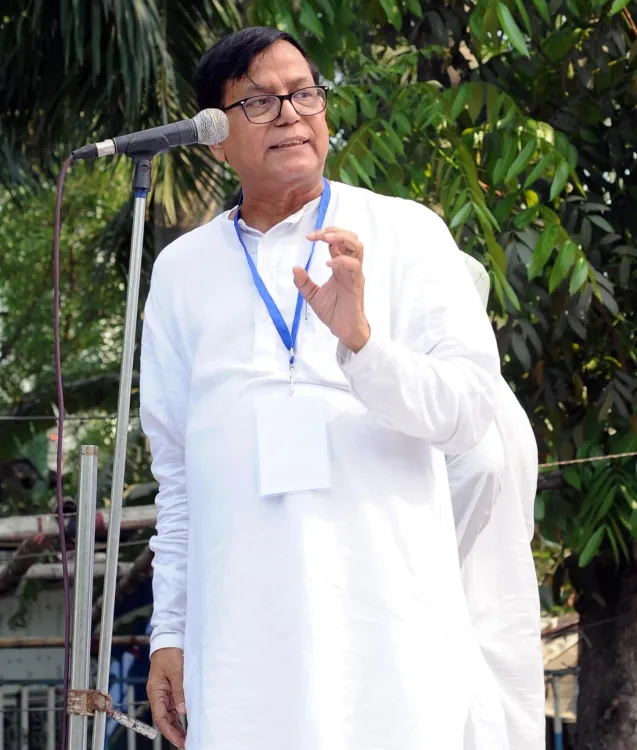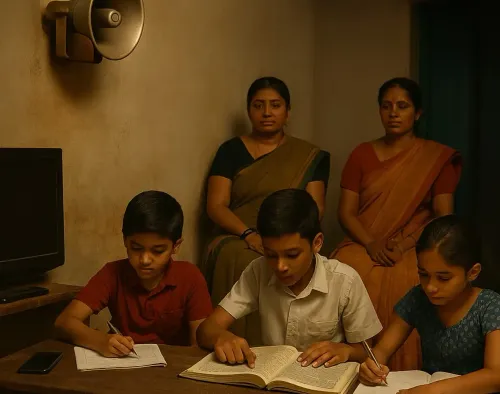Will Congress Choose to Continue the Alliance with Left Front in Bengal for 2026?

Synopsis
Key Takeaways
- Electoral decisions are crucial for Congress and the Left Front in West Bengal.
- Changing leadership dynamics may affect party strategies.
- Independence of political identity is prioritized by CPI-M.
- Alliance history reflects shifting political landscapes.
- Future electoral strategies will be essential for both parties.
Kolkata, June 4 (NationPress) It is now up to the Congress to determine if they wish to maintain their electoral seat-sharing agreement with the CPI-M-led Left Front in West Bengal for the significant Assembly elections set for next year, stated CPI-M state Secretary and party Politburo member Md Salim on Wednesday.
Salim's comments were made in response to media inquiries regarding the viability of the electoral alliance between the Congress and the Left Front, especially in light of the Congress leadership's seemingly favorable stance towards the ruling Trinamool Congress, particularly Chief Minister Mamata Banerjee.
"The Congress approached us for support for their candidate in the upcoming bypoll for the Kaliganj Assembly constituency scheduled for this month. We agreed to endorse their candidate and chose not to field our own. They expressed a desire to maintain the understanding established for the 2021 assembly elections and the 2024 Lok Sabha elections in the 2025 bypoll. Ultimately, they must decide their course of action for 2026. We cannot make decisions for the Congress," Salim informed the press.
The electoral partnership between the Congress and the Left Front began during the 2016 West Bengal assembly elections. However, there was no seat-sharing agreement during the 2019 Lok Sabha elections.
Nevertheless, the alliance was revived for the 2021 Assembly elections and continued into the 2024 Lok Sabha polls. The pressing question now is whether this collaboration will persist in the 2026 elections, given the evolving circumstances within both the Congress and the CPI-M.
On one side, Adhir Ranjan Chowdhury, known for his strong anti-Trinamool Congress stance, has been succeeded as the Congress state chief by Suvankar Sarkar, who is perceived to be more conciliatory towards the ruling party.
Additionally, in the draft political resolution of the CPI-M’s 24th Party Congress that concluded in Madurai this April, the party’s leadership emphasized a focus on independent political strategies moving forward instead of electoral collaborations.
"The party should concentrate more on independent political campaigns and mass mobilization surrounding its political platform. There should be no dilution of our independent identity or reduction of our independent actions in the name of electoral alignments or partnerships," stated excerpts from the draft political resolution.










